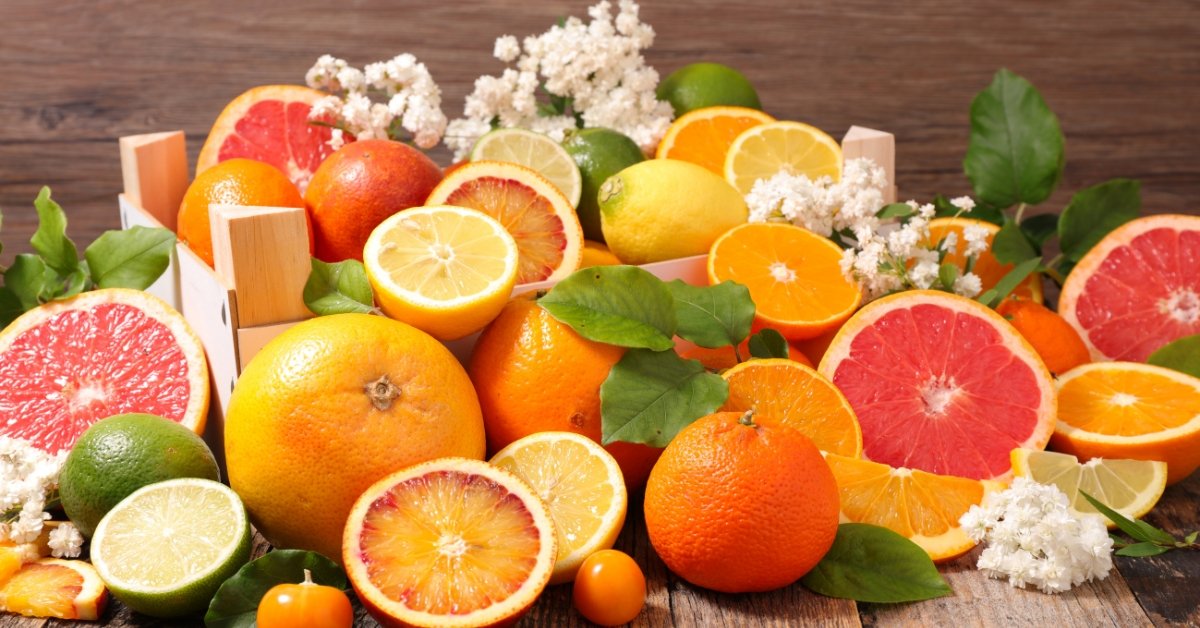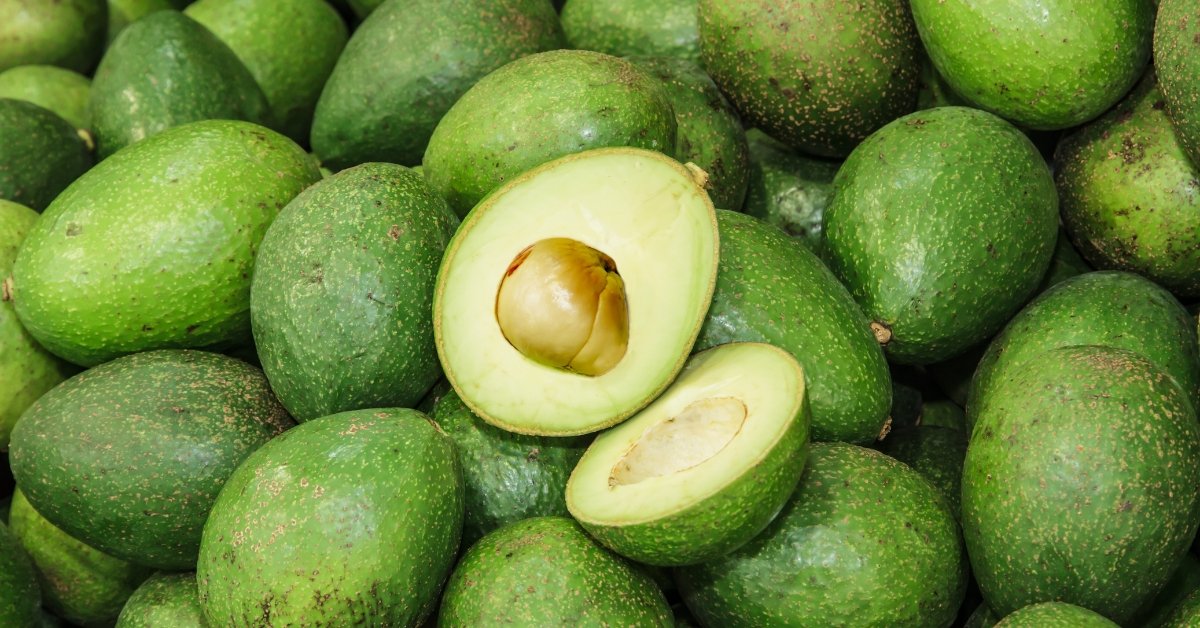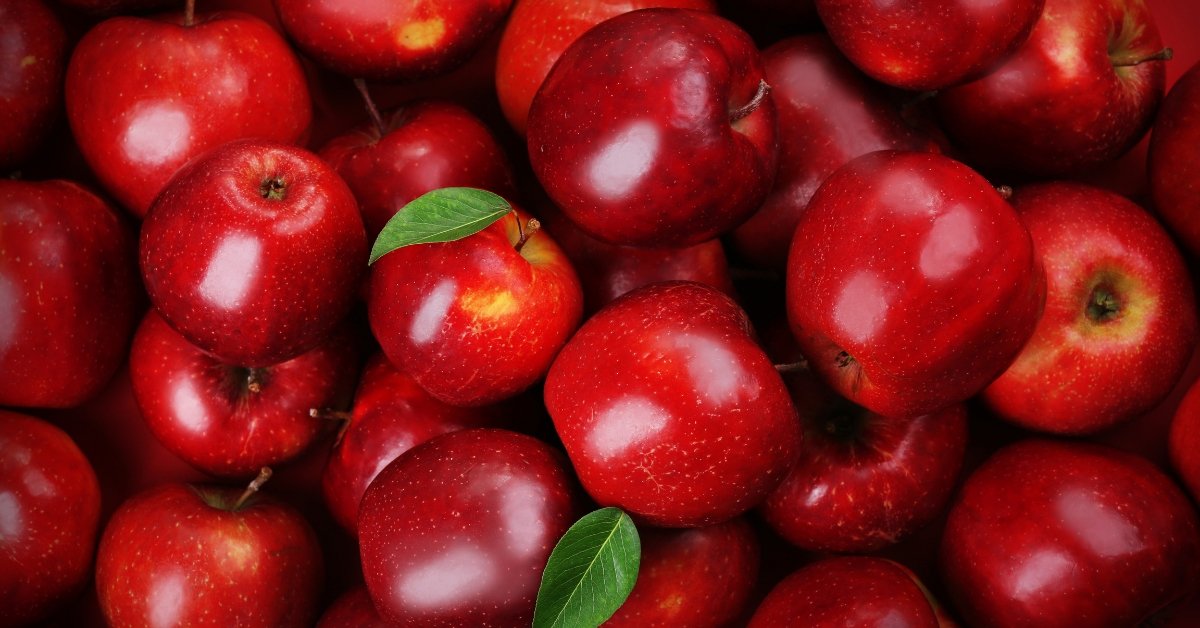Find how citrus fruits boost your immune system with their rich nutrient profile. Learn about their health benefits, the key nutrients they provide, and how to incorporate them into your diet.
Table of Contents
Introduction
Citrus fruits are well-known for their vibrant flavors and refreshing qualities, but did you know they are also powerful allies for your immune system?
Citrus fruits are packed with essential vitamins, minerals, and antioxidants, and they play a crucial role in maintaining and boosting immune health.
In this blog post, we will explore how citrus fruits boost the immune system, discuss their key nutrients, and provide tips on how to include them in your daily diet.
Key Nutrients in Citrus Fruits
Citrus fruits are rich in several key nutrients that are vital for a strong immune system:
- Vitamin C
- Role: Vitamin C is perhaps the most well-known immune-boosting nutrient. It helps stimulate the production of white blood cells, which are crucial for fighting infections. It also acts as a powerful antioxidant, protecting cells from damage by free radicals.
- Sources: Oranges, grapefruits, lemons, limes, and tangerines.
- Vitamin A
- Role: Vitamin A is essential for maintaining the health of the skin and mucous membranes, which act as barriers against infections. It also plays a role in the production and function of white blood cells.
- Sources: While citrus fruits are not the richest sources of vitamin A, they contain compounds like beta-carotene that the body can convert into vitamin A.
- Folate (Vitamin B9)
- Role: Folate is vital for the production and maintenance of new cells, including white blood cells. It also supports the synthesis of DNA and RNA, essential for cell division and growth.
- Sources: Oranges and grapefruits are excellent sources of folate.
- Fiber
- Role: Dietary fiber supports a healthy digestive system, which is closely linked to the immune system. A significant portion of the immune system resides in the gut, where fiber promotes the growth of beneficial bacteria.
- Sources: All citrus fruits are good sources of dietary fiber, especially when consumed with the pulp.
- Potassium
- Role: Potassium helps regulate fluid balance, muscle contractions, and nerve signals. It also plays a role in maintaining healthy blood pressure, which is crucial for overall health and immune function.
- Sources: Oranges, lemons, and grapefruits are good sources of potassium.
- Flavonoids
- Role: Flavonoids are plant compounds with powerful antioxidant properties. They help reduce inflammation and enhance immune function by supporting the activity of immune cells.
- Sources: Citrus fruits like oranges, lemons, and limes are rich in flavonoids such as hesperidin and quercetin.
Health Benefits of Citrus Fruits for the Immune System
- Boosting White Blood Cell Production
- How it helps: White blood cells are the body’s primary defense against infections. Vitamin C in citrus fruits boosts the production and function of these cells, enhancing the body’s ability to fight off pathogens.
- Enhancing Skin and Mucous Membrane Health
- How it helps: Vitamin A and C support the integrity of the skin and mucous membranes, which are the first line of defense against pathogens. Healthy skin and mucous membranes prevent the entry of harmful microbes.
- Antioxidant Protection
- How it helps: The antioxidants in citrus fruits neutralize free radicals, which can damage cells and weaken the immune system. By reducing oxidative stress, these antioxidants help maintain a robust immune response.
- Reducing Inflammation
- How it helps: Chronic inflammation can weaken the immune system and increase susceptibility to illnesses. The flavonoids and vitamin C in citrus fruits have anti-inflammatory properties that help reduce inflammation and support immune health.
- Supporting Gut Health
- How it helps: A healthy gut microbiome is essential for a strong immune system. The fiber in citrus fruits promotes the growth of beneficial bacteria in the gut, which in turn supports immune function.
How to Incorporate Citrus Fruits into Your Diet
- Start Your Day with Citrus
- Lemon Water: Begin your morning with a glass of warm water with freshly squeezed lemon juice. It’s a refreshing way to hydrate and get a dose of vitamin C.
- Orange Juice: Enjoy a glass of fresh orange juice with your breakfast for an easy immune boost.
- Add Citrus to Your Meals
- Salads: Add orange or grapefruit segments to salads for a burst of flavor and nutrition. Try a spinach salad with orange segments, almonds, and a citrus vinaigrette.
- Main Dishes: Use lemon or lime juice to marinate chicken, fish, or tofu. Citrus marinades not only add flavor but also tenderize the meat.
- Healthy Snacks
- Fruit Salad: Mix different citrus fruits like oranges, grapefruits, and tangerines with other fruits for a delicious and nutritious fruit salad.
- Citrus Slices: Keep sliced oranges, tangerines, or grapefruits in the fridge for a quick and healthy snack.
- Beverages
- Infused Water: Add slices of lemon, lime, or orange to your water for a refreshing drink that’s packed with vitamin C.
- Smoothies: Blend citrus fruits with other fruits and vegetables for a nutritious smoothie. Try a combination of orange, spinach, banana, and a splash of lime juice.
- Desserts
- Citrus Sorbet: Make a homemade citrus sorbet with fresh lemon, lime, or orange juice for a healthy and refreshing dessert.
- Citrus Yogurt Parfait: Layer Greek yogurt with citrus segments and a drizzle of honey for a delicious and immune-boosting dessert.
Creative Recipes with Citrus Fruits
Citrus Avocado Salad
Ingredients:
- 1 avocado, sliced
- 1 orange, segmented
- 1 grapefruit, segmented
- 1/4 red onion, thinly sliced
- 1/4 cup pomegranate seeds
- 2 cups mixed greens
- Dressing: 2 tablespoons olive oil, 1 tablespoon lime juice, salt and pepper to taste
Instructions:
- In a large bowl, combine avocado, orange, grapefruit, red onion, pomegranate seeds, and mixed greens.
- Whisk together the dressing ingredients and drizzle over the salad.
- Toss gently to combine and serve immediately.
Honey Citrus Chicken
Ingredients:
- 4 boneless, skinless chicken breasts
- 1/4 cup fresh orange juice
- 1/4 cup fresh lemon juice
- 2 tablespoons honey
- 2 tablespoons olive oil
- 2 cloves garlic, minced
- 1 teaspoon dried thyme
- Salt and pepper to taste
Instructions:
- In a bowl, whisk together orange juice, lemon juice, honey, olive oil, garlic, thyme, salt, and pepper.
- Place the chicken breasts in a resealable plastic bag and pour the marinade over them. Seal the bag and marinate in the refrigerator for at least 1 hour.
- Preheat the grill to medium-high heat.
- Remove the chicken from the marinade and grill for 6-7 minutes on each side, or until fully cooked.
- Serve with a side of grilled vegetables or a fresh salad.
Citrus Smoothie Bowl
Ingredients:
- 1 cup frozen mango chunks
- 1 banana
- 1/2 cup fresh orange juice
- 1/4 cup Greek yogurt
- Toppings: sliced kiwi, chia seeds, granola, coconut flakes
Instructions:
- Blend mango, banana, orange juice, and Greek yogurt until smooth.
- Pour into a bowl and top with sliced kiwi, chia seeds, granola, and coconut flakes.
Fun Ways to Use Citrus Fruits
- Citrus Ice Cubes: Freeze citrus slices or juice in ice cube trays and add to water or cocktails for a refreshing twist.
- Citrus Zest: Use the zest of lemons, limes, and oranges to add a burst of flavor to baked goods, marinades, and dressings.
- Homemade Citrus Cleaner: Use lemon or lime juice mixed with water as a natural cleaner for countertops and cutting boards.
- Citrus Bath Soak: Add orange or lemon slices to your bath water for a refreshing and invigorating soak.
Seasonal Availability of Citrus Fruits
- Winter: Citrus fruits like oranges, grapefruits, and lemons are at their peak during the winter months, providing a fresh and nutritious boost when other fruits are less available.
- Spring: Enjoy the last of the winter citrus harvest and start incorporating early-season varieties like tangerines and blood oranges.
- Summer: While citrus fruits are available year-round, summer is a great time to enjoy refreshing citrus-based drinks and salads.
- Fall: Early fall brings the first of the new citrus harvest, with varieties like satsumas and clementines making their appearance.
Storage Tips for Citrus Fruits
- Room Temperature: Citrus fruits can be stored at room temperature for up to a week. Keep them in a cool, dry place away from direct sunlight.
- Refrigeration: To extend their shelf life, store citrus fruits in the refrigerator. They can last for several weeks when kept in the crisper drawer.
- Freezing: Freeze citrus juice in ice cube trays for later use. You can also freeze citrus zest or slices for adding to recipes.
Fun Fact
Citrus fruits are not only good for your immune system but also for your skin. Vitamin C is essential for collagen production, which helps keep your skin firm and youthful. Regular consumption of citrus fruits can lead to healthier, glowing skin.
Conclusion
Citrus fruits are a delicious and nutritious way to boost your immune system.
They are packed with essential vitamins, minerals, antioxidants, and fibre and offer numerous health benefits that support overall well-being.
By incorporating a variety of citrus fruits into your diet, you can enhance your immune function, protect against infections, and promote a healthy lifestyle.
For more health and nutrition tips, be sure to check out other articles on our website. Share this post with your friends and family to inspire them to add more citrus fruits to their diet!


